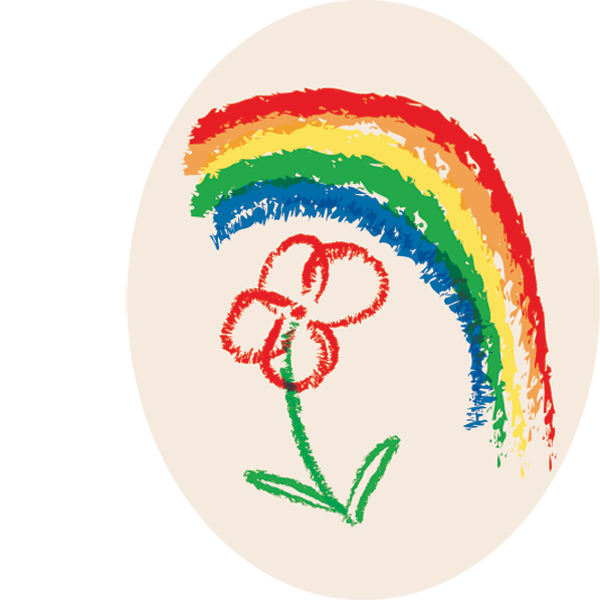On January 20, 2009, I watched, along with millions of Americans — and people around the world — as Barack Obama was inaugurated as our nation’s first African-American president. As the mother of a recently adopted six-year-old son from Ethiopia, I celebrated this important piece of history, but I also wondered, “Did Martin Luther King’s dream come true?”
You see, that was also the week when my job description as Noah’s mom changed. He’d been home for just three months when a brief exchange with a classmate transformed my role from guiding this happy-go-lucky little man in the ways of American living to being his protector, his champion.
We were leaving school when Noah called out to a familiar figure about 20 paces ahead of us.
“Hello ______,” Noah yelled. No answer. Noah called out his greeting again. Still no answer. When he yelled a third time, the little boy turned around and said, “Why should I say hi to you, African?”
I couldn’t believe what I had heard. I immediately sped forward to catch up with the boy, who was walking with his older sister. During the few seconds it took me to reach them, I had to make a quick decision. Do I confront these people with Noah in earshot? Should he be a witness to my shock at the words I’d just heard? I decided I didn’t want to miss the opportunity, so Noah stood by my side as I asked the girl if she had heard what her brother said. She said she hadn’t, and asked him. He mumbled that he couldn’t remember. I repeated what I had heard: “Why should I say hi to you, African?” The girl turned to her brother and asked him if it was true, but he refused to answer. She was clearly upset with him and made him apologize.
On my way to pick up two of my children from middle school, I called Noah’s school, though I was at a loss as to what, exactly, I should do. What was my role? I decided to just relay the facts of what had happened.
As my kids and I walked through our front door later that afternoon, the phone was ringing. It was someone at Noah’s school. The boy’s sister was extremely upset by what her brother had said, and was in tears when she got home. Their mother called the school and gave them permission to pass along her phone number, so that we could talk. I called her. She was very apologetic, remorseful for her son’s behavior. I accepted her apology, mindful of Dr. King’s words: “Forgiveness is not an occasional act, it is a permanent attitude.”
The following morning, the boy’s teacher gave the child a stern talking-to, and sent him to have a private conversation with the school counselor. My guess is that he is in the process of “getting it” now.
As for Noah, he’s still acquiring the language, so he didn’t understand every word spoken to him, but he picked up on the tone of the child’s voice. And he knows that he heard the word “African” in the context of a taunting question. However, instead of harboring angry feelings toward the boy, Noah drew him a picture of a flower and a rainbow and asked the school counselor to write three words on his drawing: “I forgive you.”
So, again, I ask, “Did Martin Luther King’s dream come true?” On the political stage, as the world’s people were watching, the dream has come true. For a child from Ethiopia, who, until the week before the inauguration, had never heard of Martin Luther King, Jr., but innately walks the walk that Dr. King embraced 45 years ago, yes, the dream has come true. But on the streets that my African son has to walk every day of his life, the answer is yet to be seen.



